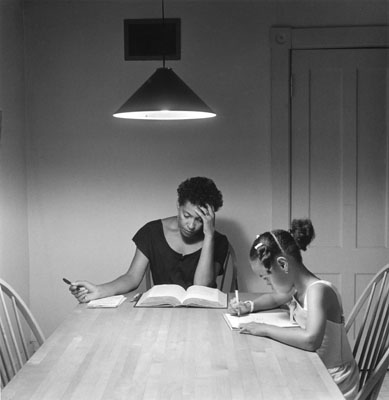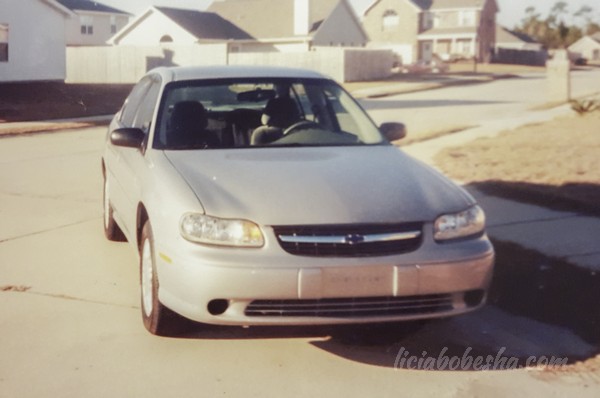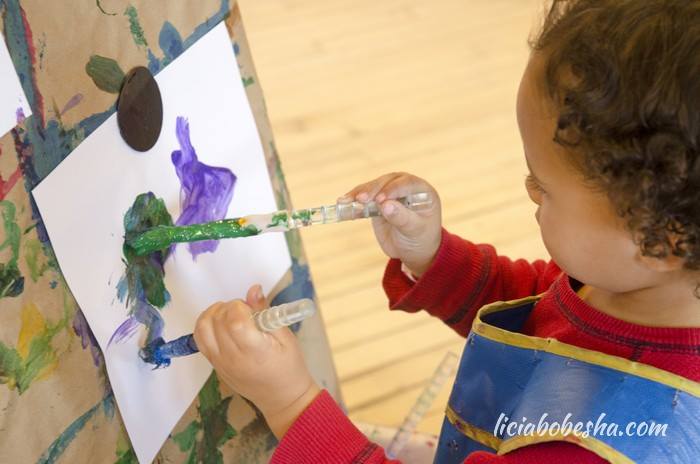
I had always been curious about camping. Something about a tent, a fire, and marshmallows sounded like a lot of fun, but when I brought it up, no one in my family wanted to sleep on the ground outside when we had perfectly good beds inside.
With a child’s eye, I began to notice that other black families seemed to share their sentiments. I was too young to understand the history behind some of it. Much like why “black people don’t know how to swim, ” many black people don’t camp for historical reasons such as segregation and violence. Being isolated in the woods was not exactly a welcoming place for blacks not so long ago, and beyond that, camping takes resources such as transportation, time, and equipment that I know, for my parents’ childhoods, would have been a constraint even if Jim Crow hadn’t kept them at home.
That all said, though my parents still can’t swim, they made sure that I can, even if the water is still very frightening to them. Sometimes the best parenting decisions for me are the ones that push me out of my comfort zone, so last year we went camping.
It would be a lie to say I wasn’t a little uneasy. Not having a door to lock unnerved me in a way I hadn’t expected. I felt so exposed. Despite any fears I had, the most negative experience we had was simply being colder than we anticipated.

Life’s not always about climate controlled comfort.
I love how camping challenges the everyday conveniences such as a thermostat. While it’s easy to focus on what’s lacking in the woods, what it offers in return is substantial.
Of course the scenery is great. I used my camera more than I had in years. Plus, you can really see stars. I didn’t realize how bad light pollution was until I was in the middle of a desert looking up. It was like a new sky, one I had never seen.

We had the most amazing conversations.
Out of consistent cell range, the conversations were free of technological distractions. Since we traveled with friends, it offered the perfect time to reconnect.
I was especially impressed by the intense science and nature lessons my then three-year-old son had while we visited different landscapes. With each stop, he learned more than he ever could in a classroom. Coming up on a year later, he’s still talking about climbing boulders and hiking in the desert.

I loved watching my child in the wilderness.
His curiosity had never been so strong. Always a child with a question, he was absorbed with all the new sights, sounds, and smells. He loved all the opportunities to climb, touch, run, and jump.
Though we go to zoos and watch nature programs, coming up on a wild elk on a trail is very different than seeing one on display. It stirs a whole different part of the soul. I realized if I want my son to be inspired to study science, the best way to accomplish this is just to take him camping.
I wasn’t surprised when I saw that studies have shown that nature exposure increases observation and creativity, reduces stress levels, and helps children with ADD perform better at school. Similarly other studies show that children who have regular experiences outside show more advanced motor skills including balance, coordination, and agility.
My son wasn’t thinking in these research terms. He was just having fun. He can’t wait to sleep in the tent again.
He’s not the only one. The trip came at a pretty stressful time in our lives, yet being surrounded by all that beauty brought me an unexpected calm. I wasn’t surprised later to read that nature is good for mental health. It’s hard not to see the beauty and wonder in life when you’re standing on the edge of the Grand Canyon or looking up at Redwoods so tall they never seem to end.

Now that I’m a person who camps, I have another shared experience with millions of others.
I love that my kids will grow up relating to that experience. They will feel that part of the world belongs to them too. This will contribute to their success because they won’t be held back by stereotypes of what they do and don’t do just because of their race.

About Alicia B
Alicia lives and took a semester of photography in a small college town that often challenges her resolve to live as simply and as stress-free as possible. When she’s not working, rereading the same children’s books, cooking, or wondering how crunchy she’s become, she’s busy updating her site, liciabobesha.com. You can follow her on facebook.












